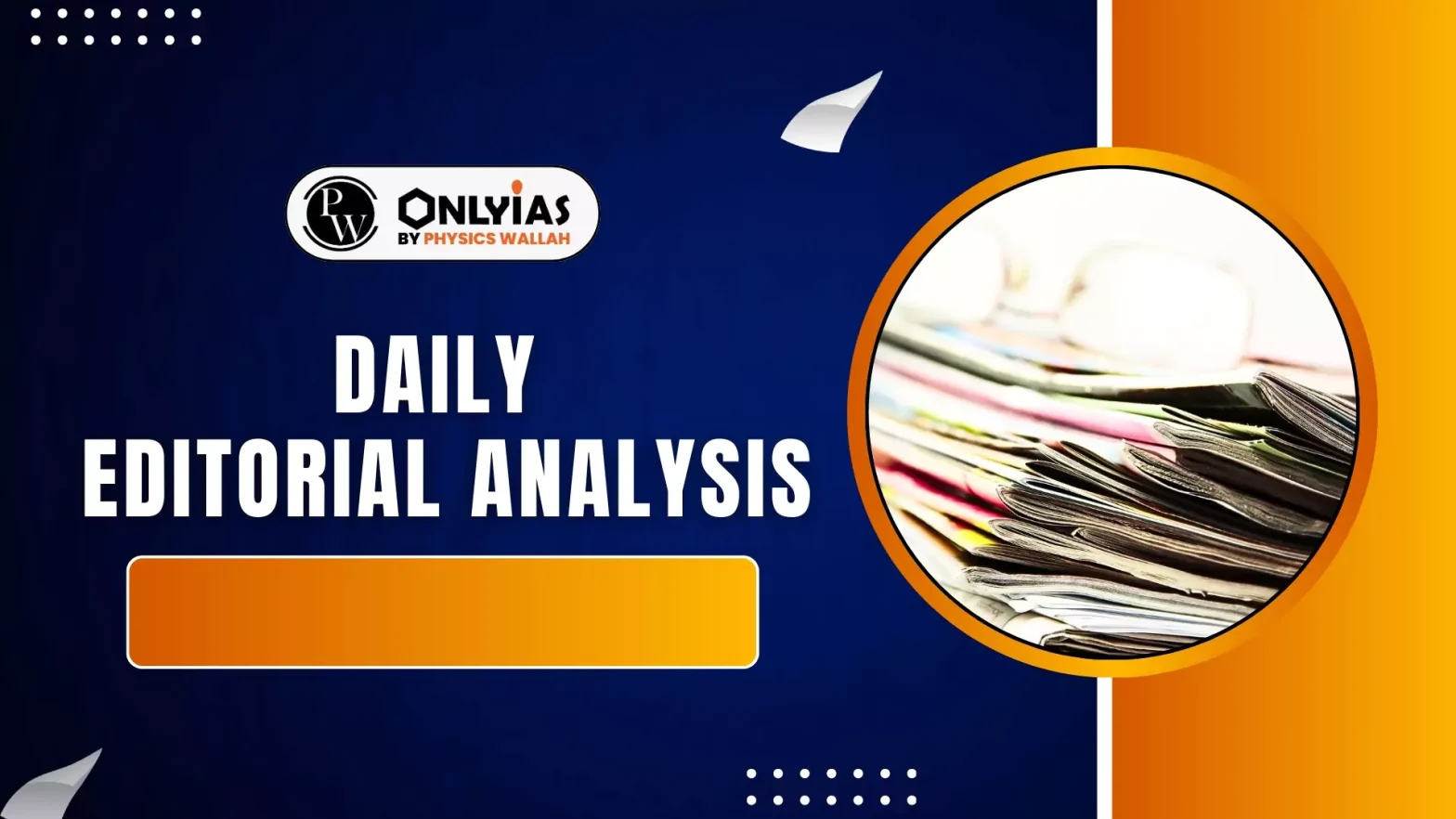As digital connectivity expands, India faces a growing battle against misinformation and de-influencing. While social media can drive positive change, it often amplifies unchecked content, creating challenges for both consumers and regulators.
Digital Influence: A Double-Edged Sword
- The Growing Threat of Misinformation and De-influencing: India faces a growing threat from misinformation and de-influencing amid expanding digital connectivity.
- Social Media – Vital Communication vs. Unchecked Content: Social media enables vital communication but also amplifies unchecked and sensational content.
- De-influencing – Promoting Mindful Consumption or Sensationalism: De-influencing, while promoting mindful consumption, often relies on clickbait tactics.
Various Challenges that need to be Tackled
- Rising Vulnerability: The WEF Global Risks Report 2024 lists India as highly vulnerable to AI-generated misinformation.
- Regulatory Guidelines vs. Thriving Misinformation: Despite regulatory guidelines (Ministry of Consumer Affairs, ASCI, SEBI), misleading content—especially in health—continues to thrive.
- Virality through Clickbait and Half-Truths: Clickbait and half-truths are common tactics for virality.
- Legal Framework and Ethical Gaps: Advertising Standards Council of India (ASCI) guidelines, though non-binding, set ethical standards with penalties for violations.
- Legal Boundaries – Freedom of Speech vs. Public Safety: Article 19(1)(a) ensures freedom of speech, but Article 19(2) allows restrictions for public safety and morality.
- Laws Against Deceptive Content: Laws like the Consumer Protection Act, Information Technology Act, 2000 and e-commerce rules address deceptive content.
- Blurred Lines: Fact vs Manipulation: Influencer content often uses selective data, emotional appeals, and misinterpreted studies.
- Clickbait Trends: Distorting Public Discourse: Clickbait trends (e.g., “liver detox water”) distort public discourse and outpace fact-checking.
Solutions and Road Ahead
- Need for Transparency and Intent: Influencer intent matters: honest critique vs. commercial smear.
- Health Content – Need for Higher Standards: Health content demands higher standards and qualified sources.
- Defamation Laws on Misleading Health Claims: Indian courts have upheld defamation laws against misleading health claims.
- Tightening Regulations and Legal Oversight: SEBI restrictions on “finfluencers” aim to curb unauthorized financial advice.
- Court Rulings – Claim Verification and Health Endorsements: Courts stress claim verification, especially for health endorsements.
- Delhi High Court ruling reinforced that freedom of speech is not absolute in misleading health claims.
- Towards Responsible Influence: Influencers must balance trust with responsibility—misuse damages both credibility and brand image.
- Proposed Solutions for Ethical Content Creation:
- Registration system for health influencers.
- Continuous monitoring and credential disclosure.
- Stronger ethical standards alongside legal regulation.
- Safeguarding Public Interest:
- Brands must invest in consumer education.
- Platforms and regulators should enforce stricter content accountability.
- A mix of legal, ethical, and systemic checks is essential to combat misinformation effectively.
Conclusion
To combat misinformation, India must enforce stricter regulations, ensuring accountability for influencers and transparent content. A robust system of legal oversight and ethical standards will protect public interest and safeguard consumers, especially in health-related advice.
![]() 7 May 2025
7 May 2025
